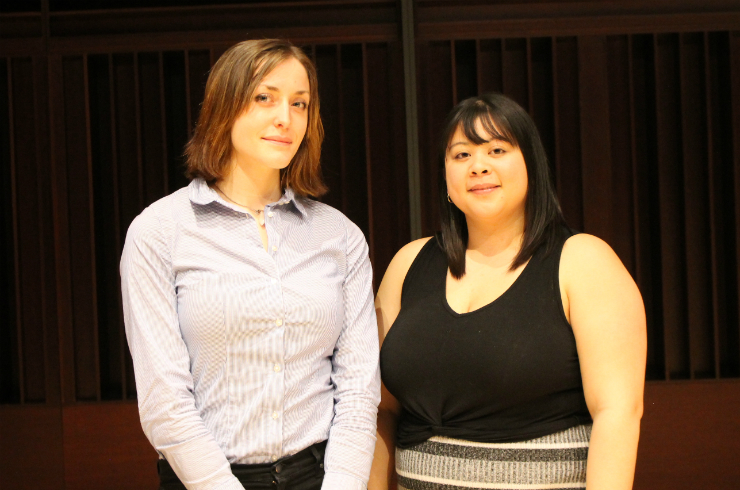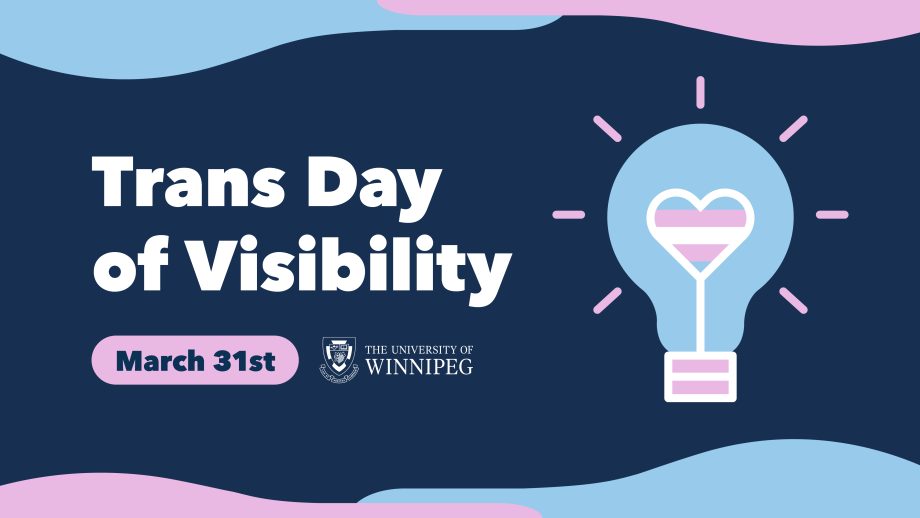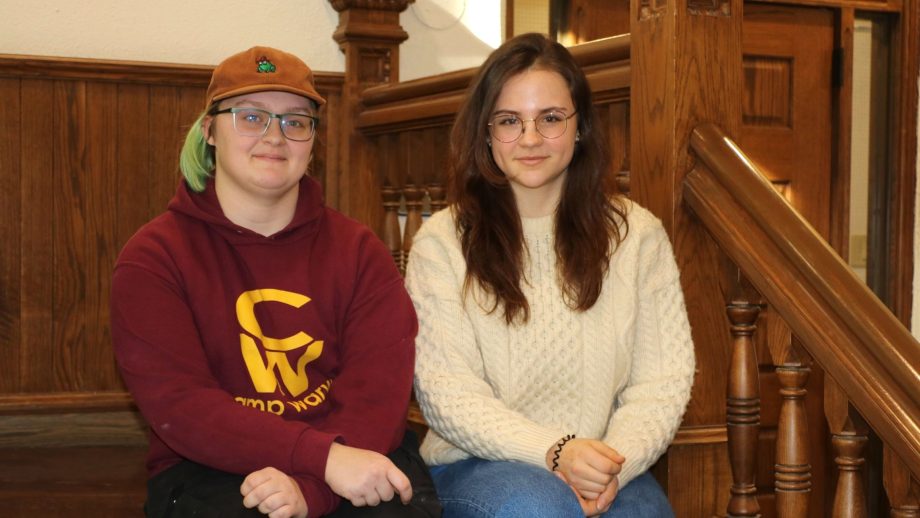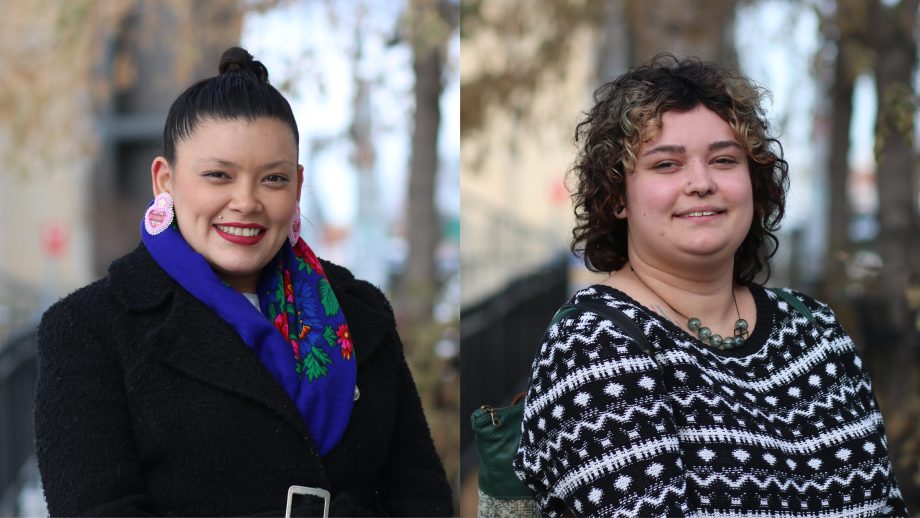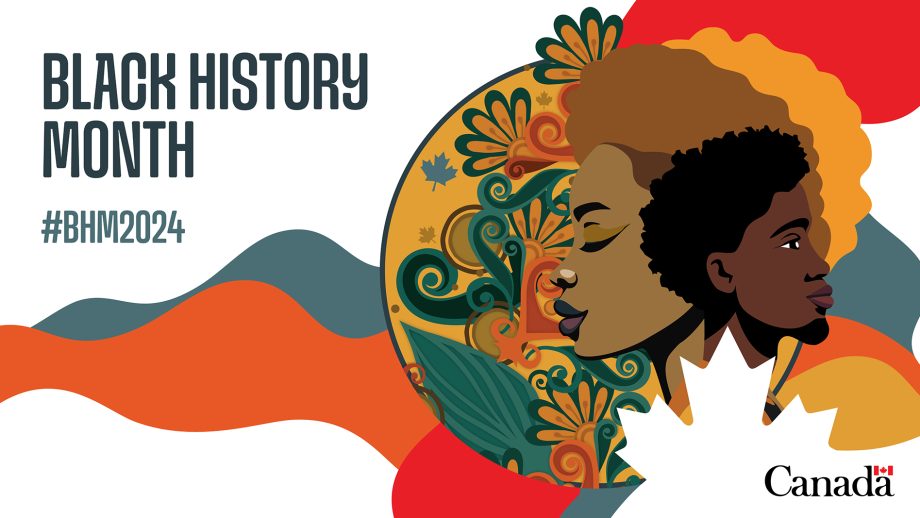Graduate students had their game on for the sixth annual University of Winnipeg Graduate Studies 3-Minute Thesis Competition (3MT™). There were 15 sharp graduate students from a range of disciplines showing nerves of steel as they presented their research in only three minutes with only one static slide. Each student presented in an engaging, accessible, and compelling way. The 2019 winner, Marie Josée Nadeau, Master of Science, bioscience, technology and public policy earned a $1000 prize, and will go on to compete at the Western 3MT Competition at the University of Northern British Columbia on April 17, 2019.
The People’s Choice Award, chosen by the audience was given to Taylor Wilson, Master of Arts, Master’s in Development Practice, which earned her a $500 prize.
This year’s UWinnipeg judges include the Dean of Science Dr. Doug Goltz, Dr. Melanie O’Gorman (economics), and Dr. Jaqueline McLeod Rogers (rhetoric & communications).
Marie Josée Nadeau’s Research
ERVK Integrase Blocks Antiviral Immunity Endogenous retrovirus-K (ERVK) is a group of retroviral elements in the human genome that are upregulated in the brains and spinal cords of patients with Amyo-trophic lateral sclerosis (ALS), a neurodegenerative disease without a cure. A hallmark of ALS pathology includes DNA damage, a phenomenon known to be initiated by retroviral integrases (INs). She is investigating the role of the ERVK IN enzyme in ALS. Her research shows that ERVK IN causes DNA damage and prevents antiviral IRF3 activity in astrocyte brain cells. She is further investigating how the cellular pathway leading to IRF3 activation is disrupted by ERVK IN. Lastly, she is repeating these experiments with the addition of integrase inhibitors to determine if ERVK IN-mediated cellular effects are reversed. As ERVK is known to be active in ALS, this gives hope that IN inhibitors can be repurposed as an effective treatment option.
Taylor Wilson’s Research
Master of Arts student in Master’s in Development Practice Decolonizing the Food Guide for Indigenous Health and Education: A Critical Review of the 2019 CFG. In 2019, the Government of Canada revised the Canadian Food Guide (CFG), a tool designed to combat health issues, with the promises of releasing a new and improved Indigenous Food Guide (IFG) that is more culturally relevant. Despite all that, the Canadian government’s efforts to increase health promotion to ad-dress the Indigenous health issues, including the 2007 IFG have not been effective (Mundel 2010). The purpose of this research is to explore the CFG and its viabil-ity for success in engaging Indigenous youth populations in Canada. It will also establish the scholarly potential of an IFG as Indigenous health and development intervention in the era of reconciliation when conventional western food security and health promotion policies in First Nations are being reassessed. Providing a culturally relevant IFG that considers location, circumstance, and the diversity of Indigenous cultures can play a key role in Indigenous health promotion and well-being.
The 3-Minute Thesis (3MT™) is a research communication competition developed by The University of Queensland which challenges postgraduate degree students to present a compelling oration on their thesis and its significance in language appropriate to a non-specialist audience within just three minutes.
Visit UWinnipeg’s 3-Minute Thesis Competition to learn more.

